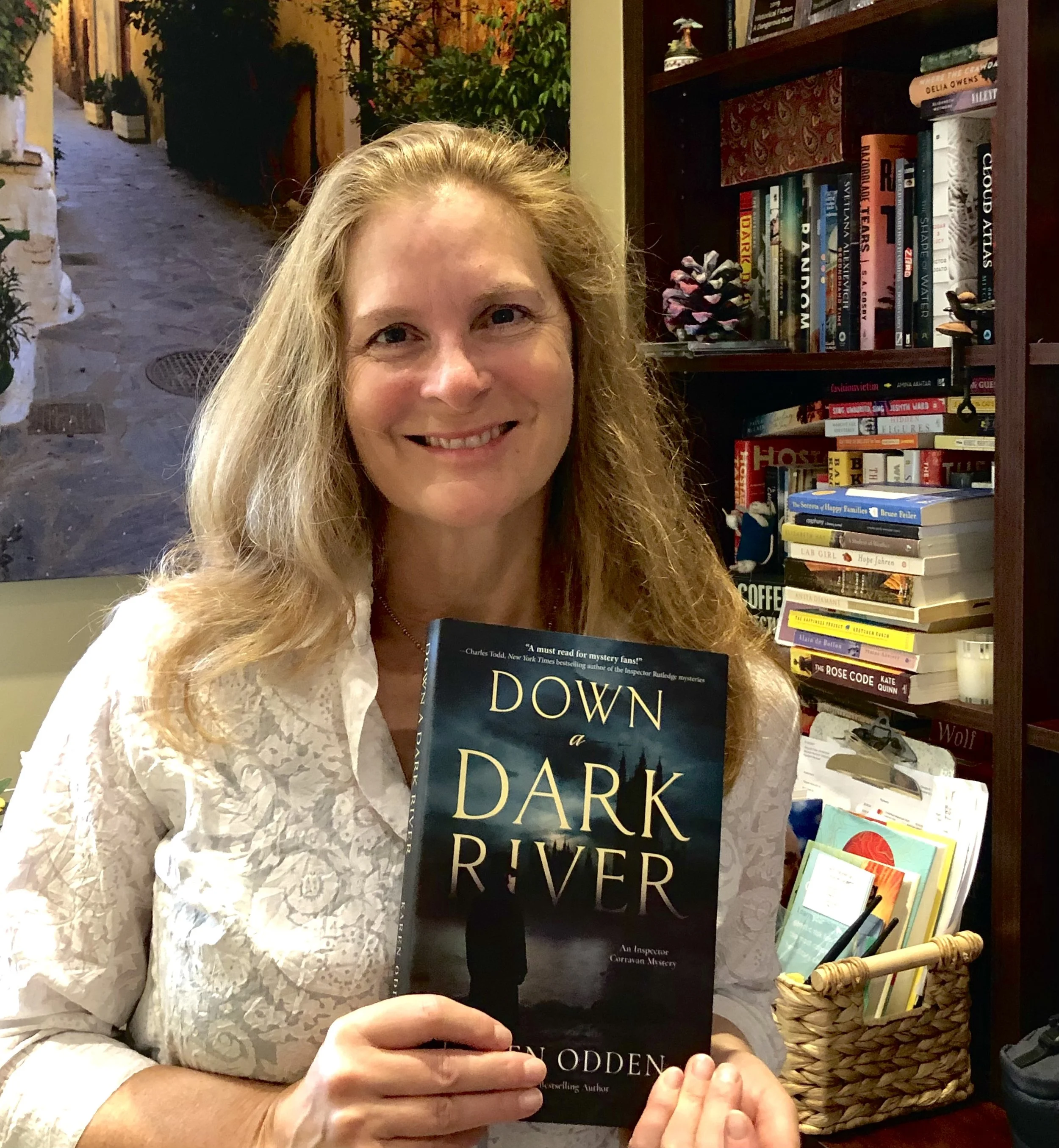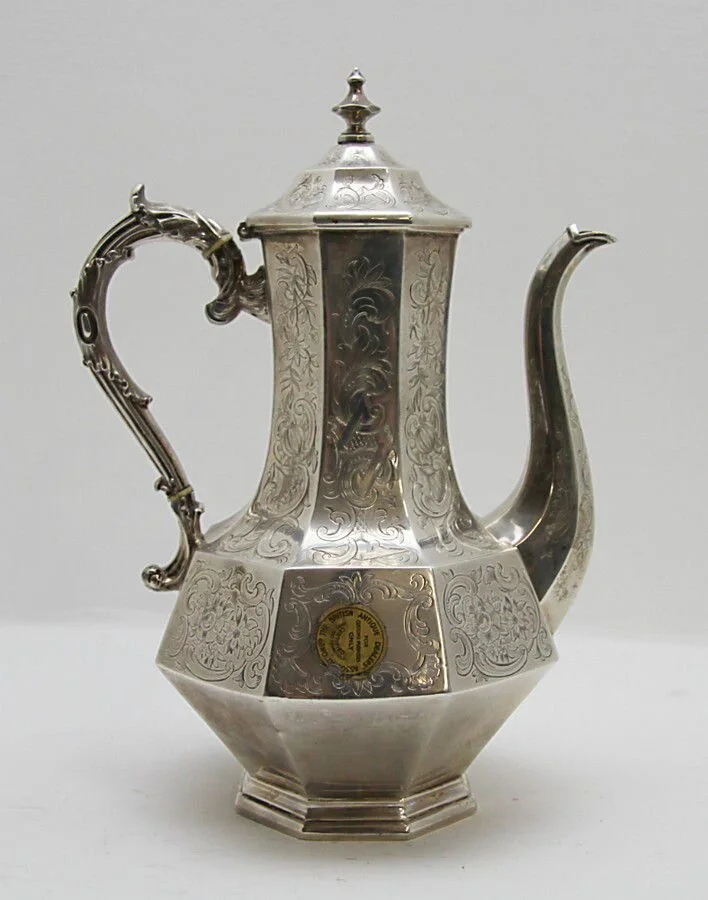Your previous novels are written from a female perspective. Was it difficult to write your new lead character of Down a Dark River in a male narrative voice?
It was tricky! When I first started writing, I read a few chapters every morning from books written in a male voice. Tana French’s Faithful Place, Amor Towles’s A Gentleman in Moscow, David Benioff’s City of Thieves, Tom Clancy’s Hunt for Red October were some of them. Yes, I was all over the place so far as genre and time period, but the very differences among those male voices helped me locate Corravan’s voice, which slowly became distinct in my ear.
This novel, as your previous ones, are written in first person. Why have you selected this type of point of view over the others?
I know that other people write in third person and convey a complex interior life. But I like characters (and friends) who share their thoughts and feelings, who may not know themselves entirely, but are willing to face their flaws and own them. So my characters are pretty forthright with the reader, telling as much as they know to be true. Now, Corravan has some blind spots … but he’s doing the best he can, which is all we can ask of anyone.
You chose your lead character Inspector Corravan’s national origin as Irish? Why?
I wanted him to be somewhat of an outsider. Until I started researching the Irish in London during this time period, I had no idea just how much prejudice they faced! Some of the books that were circulating—written by medical men, not just crackpots or eccentrics—reflect an appalling level of racism directed at the Irish. They’re called “vermin,” “monsters,” and “ape-like,” as well as some words that we don’t put in print anymore. Corravan’s Irishness comes into play even more in the sequel, Under a Veiled Moon, which I’m writing now. In it, an Irishman is suspected of a crime, and Corravan, convinced he’s innocent, must stand up to the Yard Director Vincent when he asks, “Are you defending him because he’s innocent, or because he’s Irish?”
Can you give us some insight into what makes Inspector Michael Corravan unique?
Corravan’s father died before he can remember, and his mother vanished when he was eleven. Growing up on the streets of Whitechapel, he found that the skills that kept him alive and well were strength, boldness, and decisiveness. They stand him in good stead as a policeman as well. But as Belinda Gale (his lover and friend) points out, these traits leave no room for the empathy that would help him understand angry, desperate, powerless criminal like the one he faces. She tells Corravan that he would be a better policeman if he could remember moments of his own weakness. Reluctantly and painfully, Corravan comes to see that Belinda is right. I like writing character arcs where a protagonist must amend former traits or relinquish an old belief or practice in order to grow and achieve his goal.
How extensive was your research while preparing for your new series? Any reference books you wish to mention?
Oh, gosh, I researched for hours, using old newspapers, books, and reference articles. One of the most important resources was The Ascent of the Detective: Police Sleuths in Victorian and Edwardian England by Haia Shpayer-Makov. I turn to it constantly. Another was Thames by Peter Ackroyd; also Mudlark by Lara Maiklem, a fun read and which I recommend to anyone interested in the Thames.
Please provide a surprising fact you learned while researching for Down a Dark River.
My first surprise was learning about the 1877 scandal because I had always thought of Scotland Yard as the elite branch of the Met Police! But a fun tidbit? I didn’t realize English people drank coffee! Tea was definitely the usual beverage, but coffee was still around. Here’s a silver pot from the time period.






